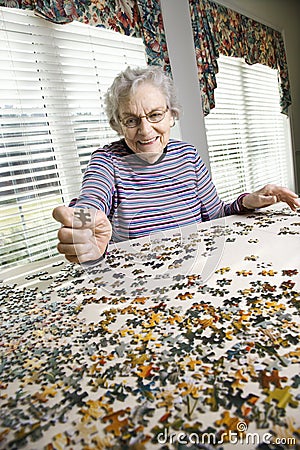 |
| Photo from here |
Planning and doing activities with a loved one who has dementia can provide meaning and encouragement to both the memory-impaired individual and his/her caregiver. Finding activities that are well-suited for your loved one can be challenging but it is rewarding when you have a positive experience. The Alzheimer's Association has provided tips and guidelines in their online brochure, "Activities at Home." You can read the whole brochure by following this link.
Some helpful information that has been pulled from this brochure includes:
Effective activities:
• Bring meaning, purpose, joy and hope to the
person’s life • Use the person’s skills and abilities
• Give the person a sense of normalcy
• Involve family and friends
• Are dignified and appropriate for adults
• Are enjoyable
10 quick tips for activities at home
- Be flexible and patient
- Encourage involvement in daily life
- Avoid correcting the person
- Help the person remain as independent as possible
- Offer opportunities for choice
- Simplify instructions
- Establish a familiar routine
- Respond to the person’s feelings
- Simplify, structure and supervise
- Provide encouragement and praise

